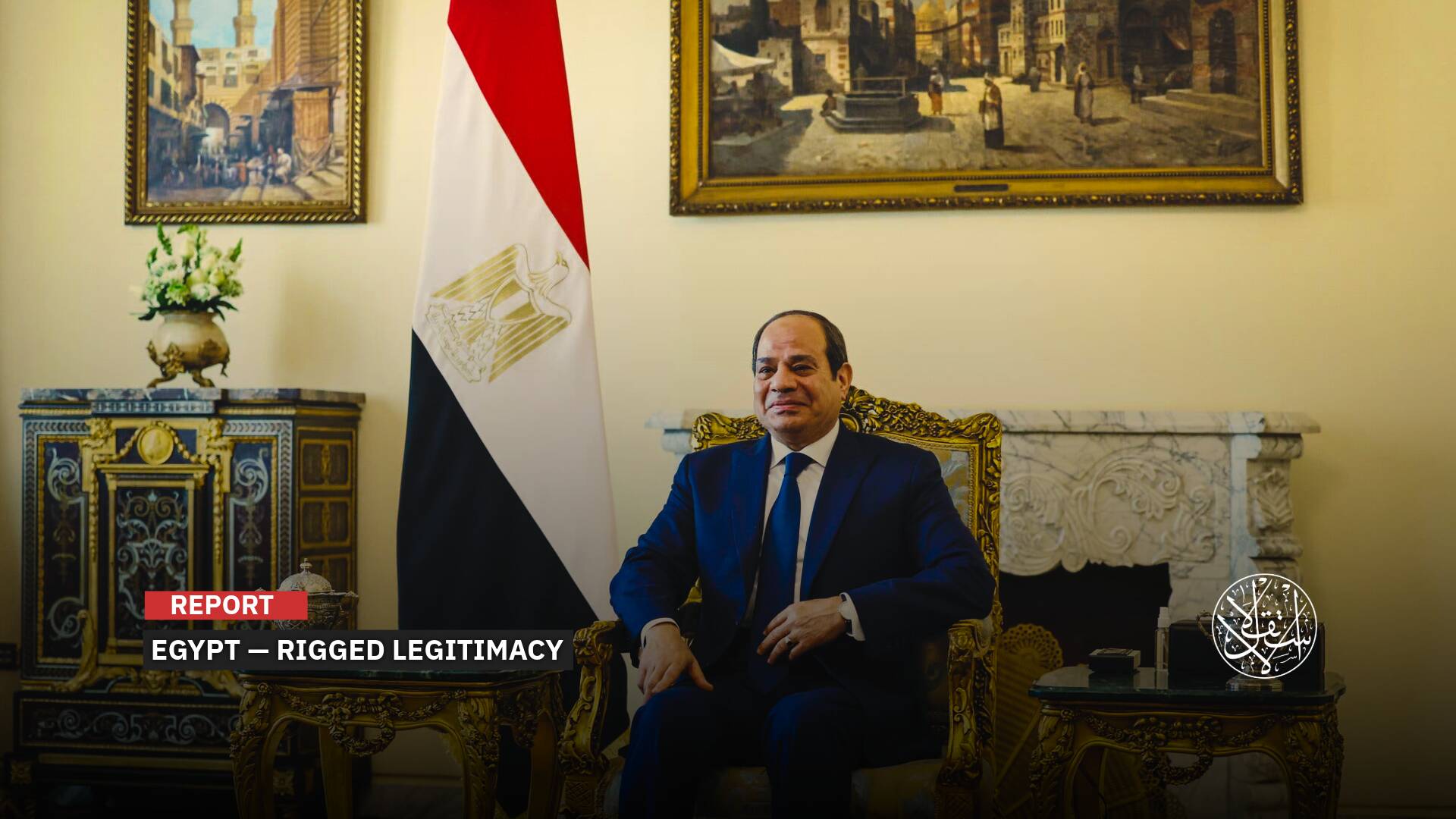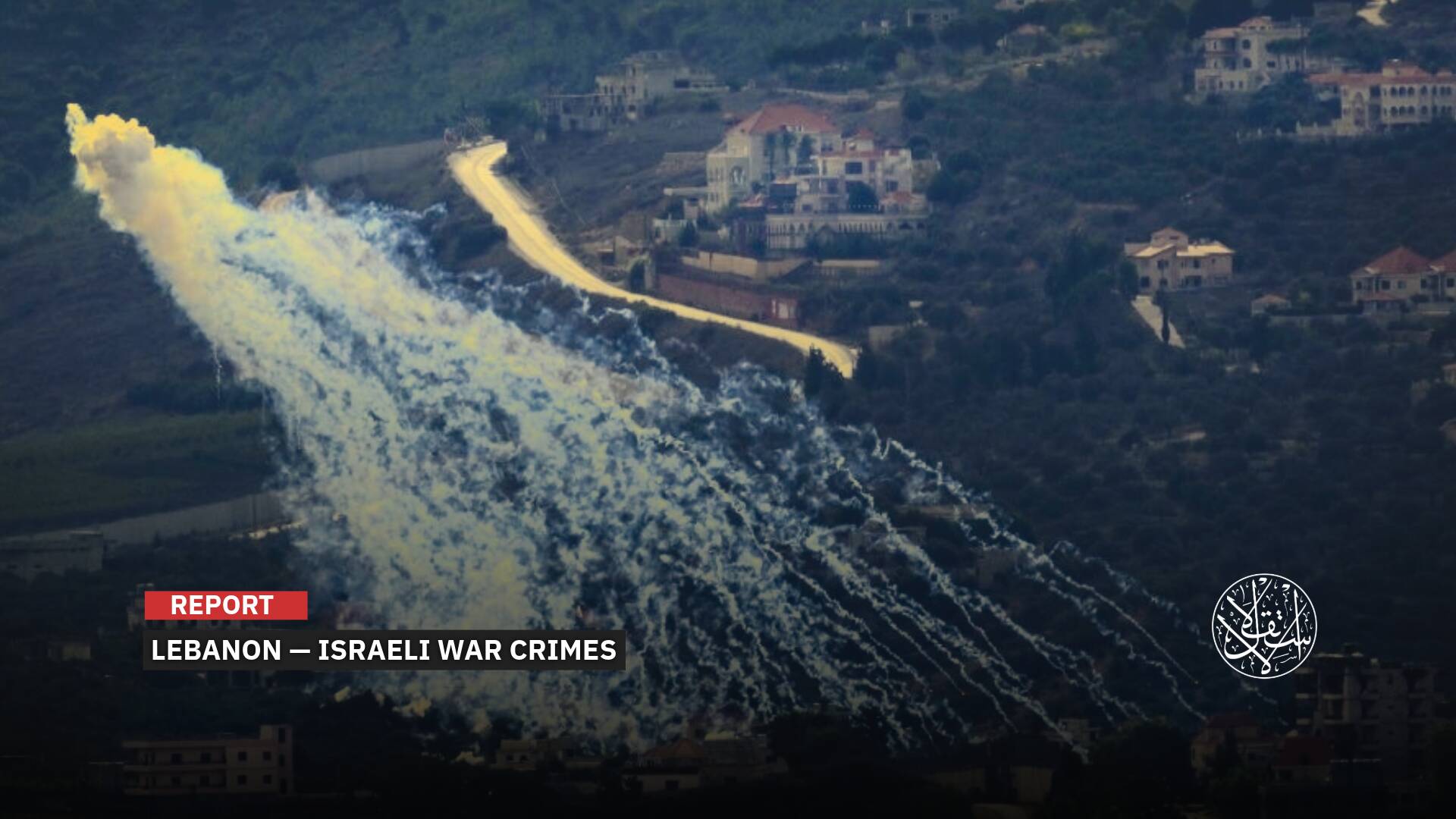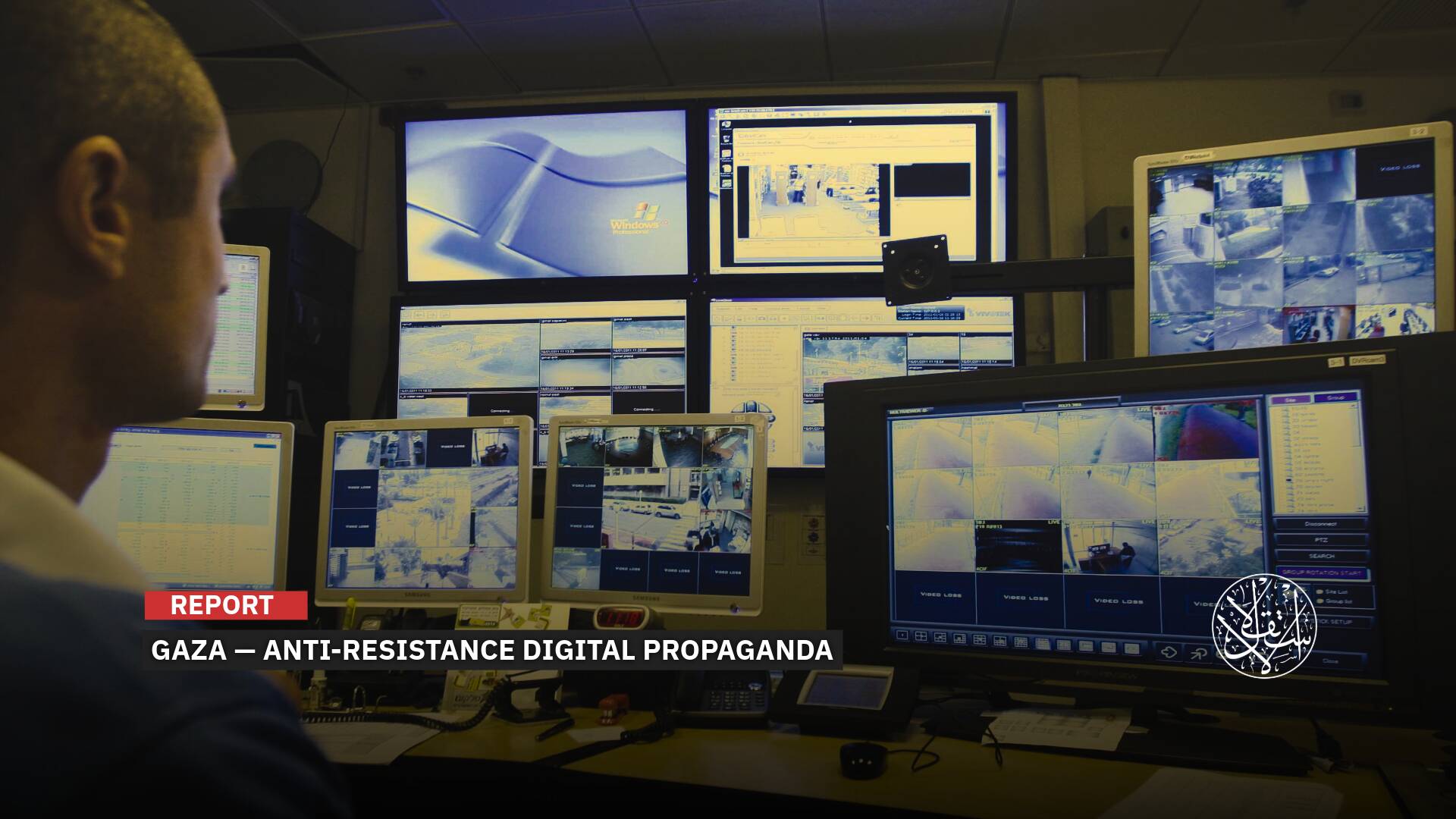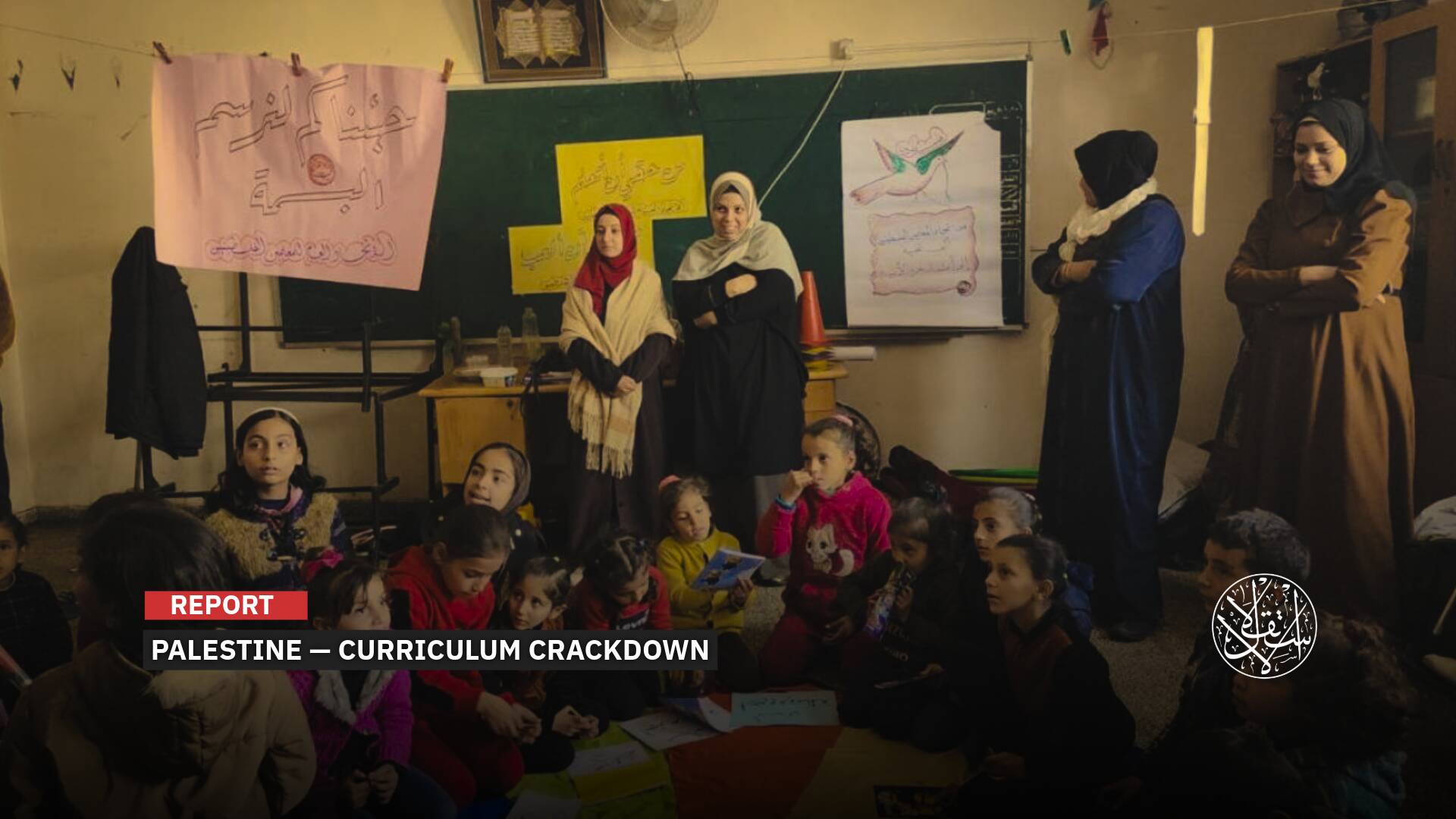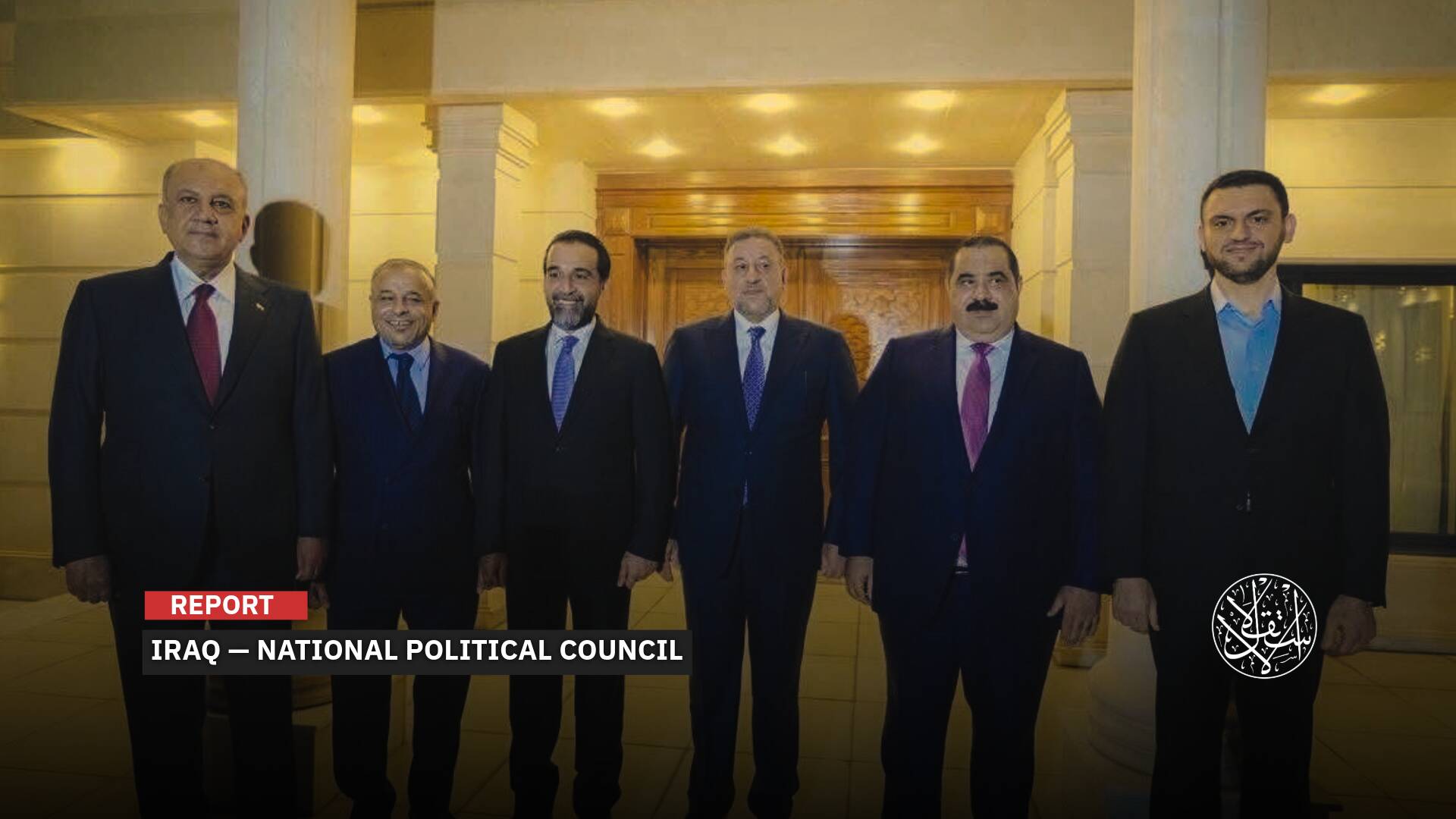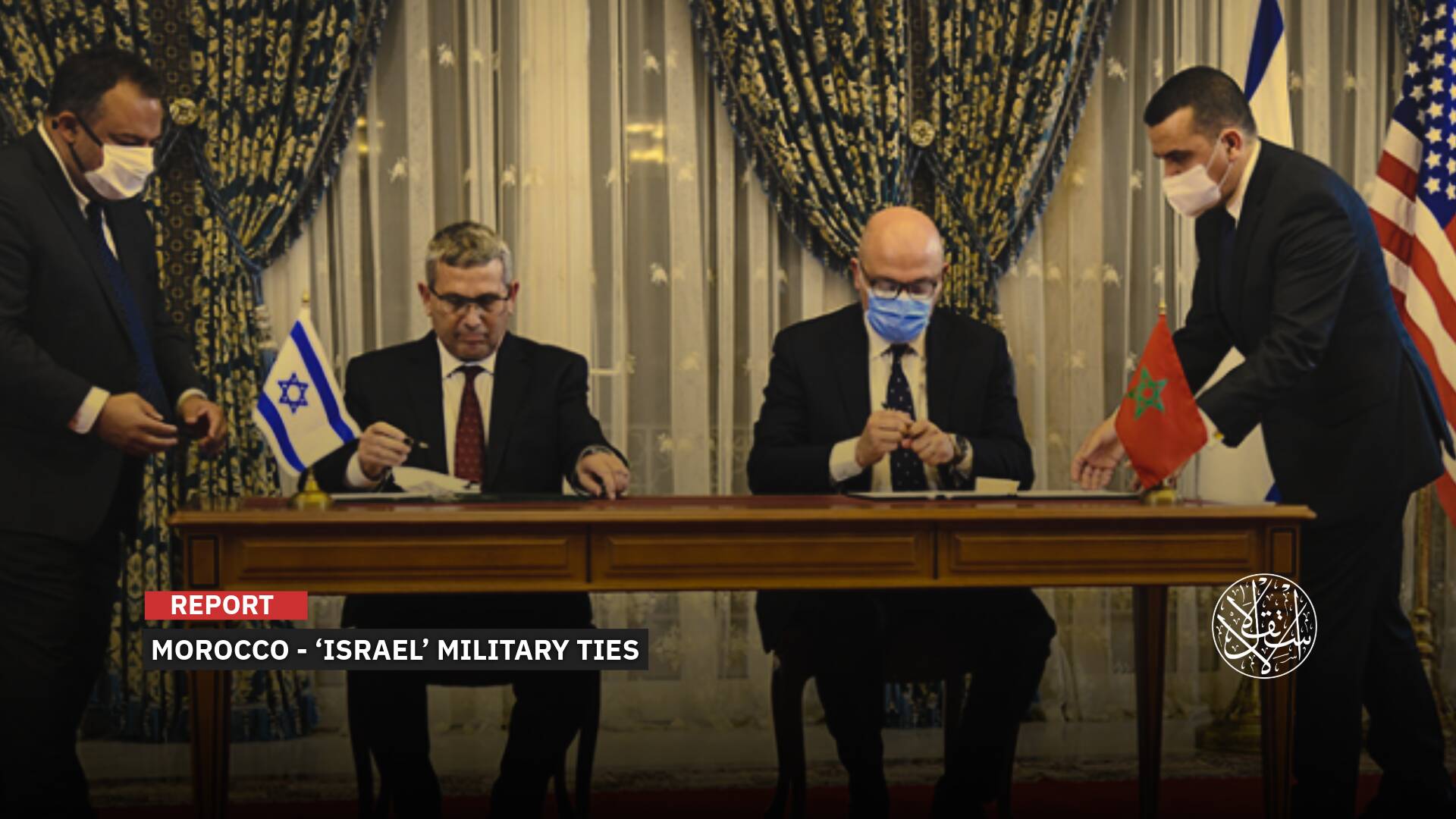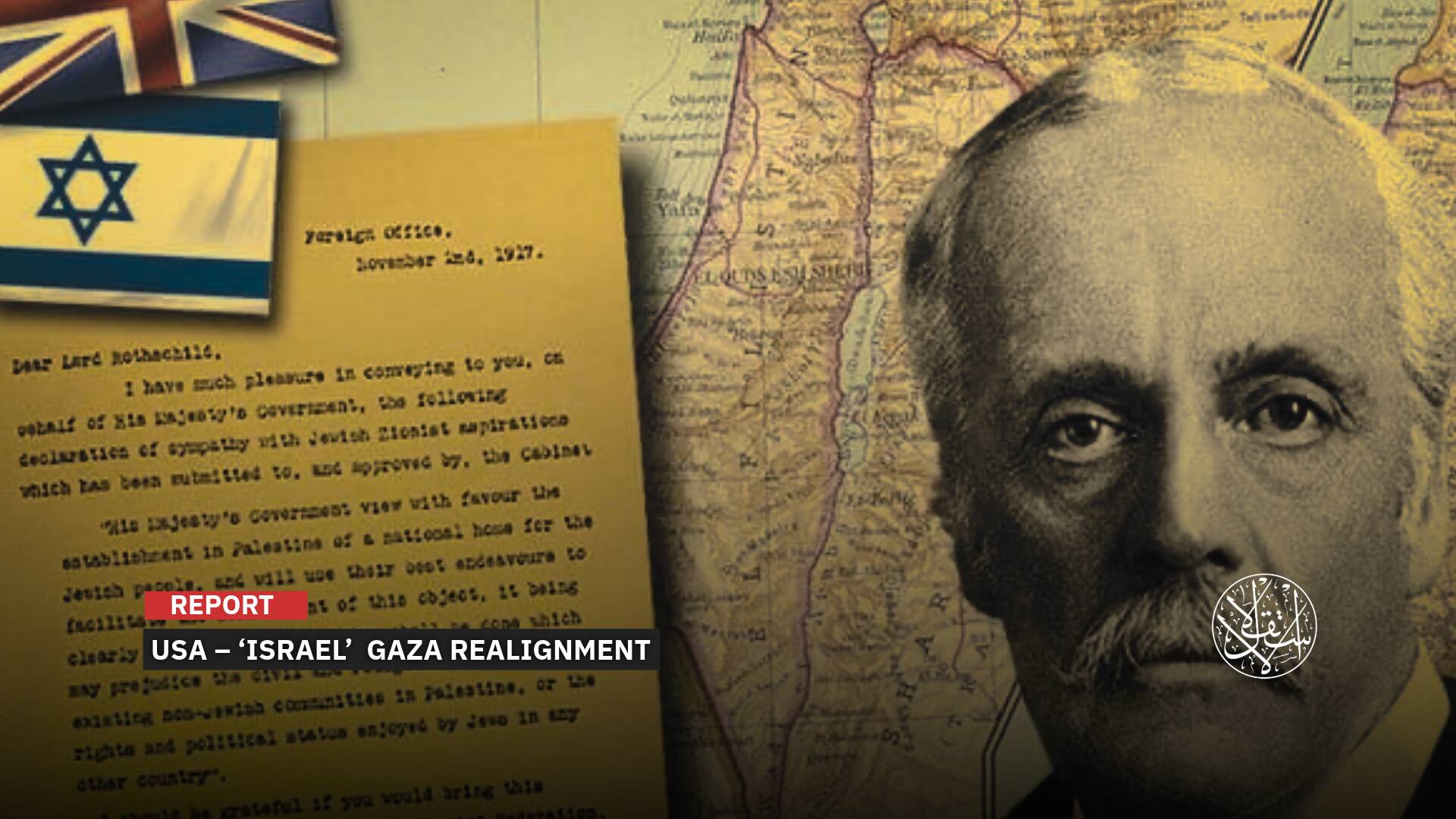Iran’s Nuclear Program: Widespread Western Sanctions and Growing Public Outrage
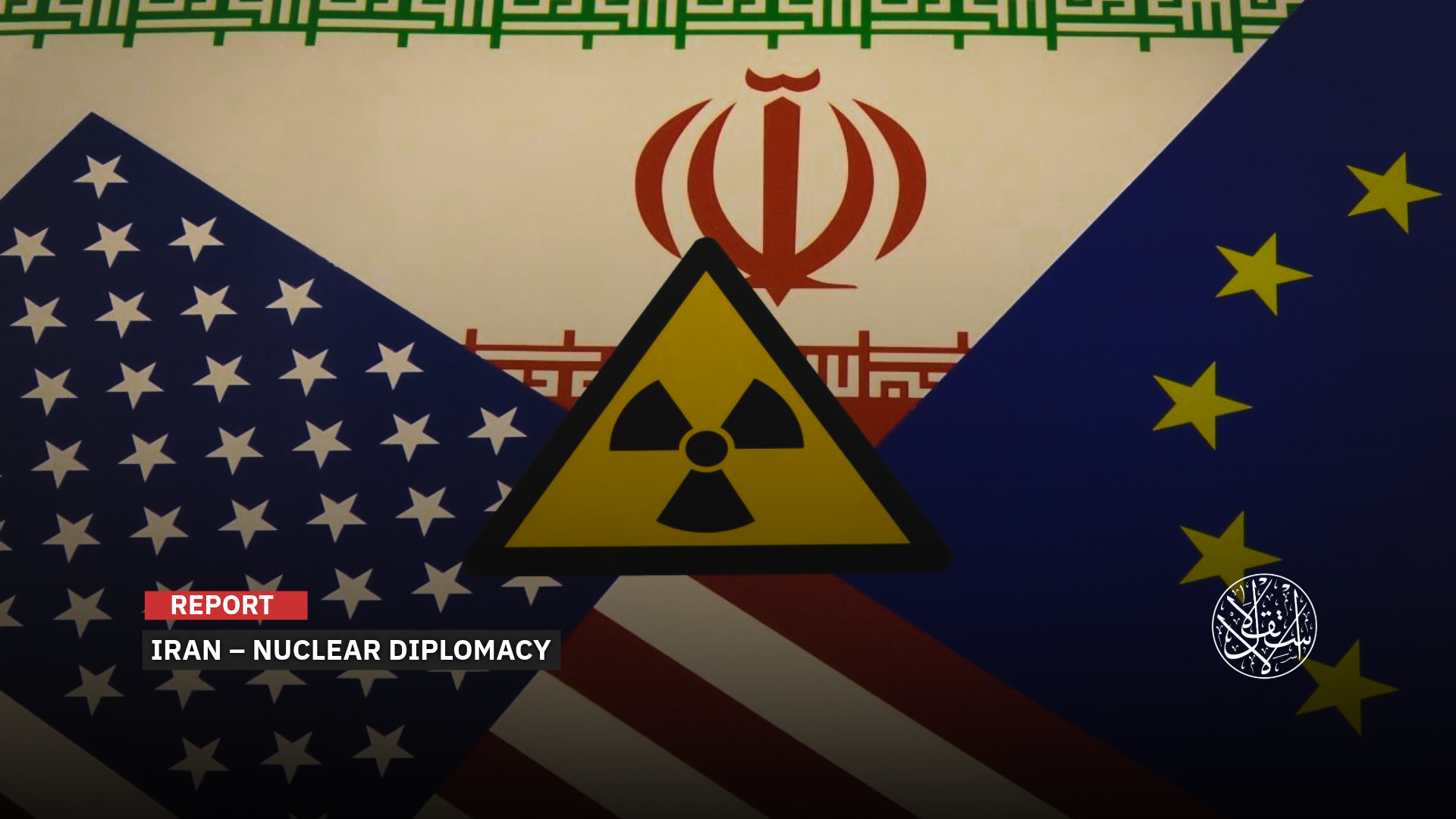
“A senior MP said the snapback is designed to incite riots in Iran.”
The European Union recently announced that it had reimposed sweeping sanctions on Iran over its nuclear program, following a similar decision by the UN Security Council at the weekend, after European powers activated the snapback mechanism stipulated in the 2015 nuclear deal.
Given the failure of all attempts and negotiations over the past months, harsh sanctions, ranging from an arms embargo to economic measures, automatically came into effect on the morning of September 28, ten years after they were lifted.
Observers considered this move as bringing the Iranian nuclear issue back to square one, while the Iran-West conflict has reached a highly sensitive stage, having crossed the threshold of military confrontation last June.
In turn, Iran condemned the reimposition of UN sanctions, vowing a harsh response, while European powers warned it against any escalation.
For years, the nuclear issue has been a source of tension between Tehran and Western countries, primarily the United States and Israel, which accuse Tehran of seeking to develop a nuclear bomb, a claim Iran denies.
It is worth noting that Iran and the major powers concluded an agreement on its nuclear program, known as the Joint Comprehensive Plan of Action (JCPOA), in 2015.
However, the agreement has effectively been nullified since the U.S. withdrew from it in 2018, prompting Tehran to gradually back away from implementing its key provisions.
Iran is the only non-nuclear-weapons state that possesses approximately 440 kilograms of uranium enriched to 60%, a stockpile that, if enriched to 90%, could be used to produce about 10 nuclear bombs, according to experts.
Renewed Sanctions
The European Troika (E3) recently reimposed sanctions on Iran at the UN Security Council, citing allegations that Tehran had violated the 2015 nuclear agreement, which aimed to prevent Iran from developing a nuclear weapon.
The sanctions include banning exports to and imports from Iran relating to nuclear, dual-use, and ballistic missile-related materials, as well as any technical and financial assistance related to them, a comprehensive arms embargo, and banning services for Iranian vessels.
The UK recently announced that it had imposed sanctions targeting 121 individuals and entities it alleges are affiliated with Iran’s nuclear program, announcing that the measures seek to block Iran from using international companies to bypass restrictions.
On the same day, US Secretary of State Marco Rubio announced that Washington has imposed new sanctions and export controls that will target 44 actors tied to Iran’s nuclear, missile, and military programs.
Anita Anand, Canada’s foreign affairs minister, announced the reimposition of previously terminated UNSC sanctions against Iran in response to its continued nuclear activities.
Turkiye also announced that it has frozen the assets and bank accounts of 20 Iranian individuals and 18 entities connected to Iran’s nuclear program.
In response, Iranian Foreign Minister Abbas Araghchi stated that the Americans had betrayed diplomacy, while the Europeans had buried it.
Tehran also summoned its ambassadors in France, Britain, and Germany in response to what it described as the irresponsible action by the European countries.
The Iranian Foreign Ministry declared that the move by the three European countries and the U.S. to use the snapback mechanism to reimpose sanctions on Iran has no legal basis and is morally and logically unacceptable.
It asserted that Security Council Resolution 2231, including its restrictions on Iran's peaceful nuclear program, should be considered expired on its scheduled date of October 18, 2025.
It accused the E3 of activating the mechanism under US instigation and pressure, at a time when they themselves are accused of serious breaches of their obligations under the nuclear deal and of abusing the dispute resolution mechanism.
It emphasized that Tehran will strongly defend its rights and national interests and will respond firmly to any move targeting the interests and rights of the Iranian people.
For his part, Iranian Parliament Speaker Mohammad-Bagher Ghalibaf stated that Tehran does not consider itself bound to comply with illegal decisions, including the suspension of uranium enrichment.
Meanwhile, the Secretary of the Supreme National Security Council, Ali Shamkhani, affirmed that Iran will suspend its cooperation with the International Atomic Energy Agency after the sanctions are reinstated.
IRGC General-turned-lawmaker Esmail Kowsari announced that Parliament may consider the possibility of Iran withdrawing from the Nuclear Non-Proliferation Treaty, but President Masoud Pezeshkian asserted that Iran has no intention of withdrawing from it.
The spokesperson for the parliament's National Security and Foreign Policy Committee, MP Ebrahim Rezaei, called for the expulsion of the ambassadors of Britain, France, and Germany from Iran.
The tone of Iranian military threats has also escalated, with the commander-in-chief of the Iranian armed forces, Major General Amir Hatami, stating that the Iranian military is constantly monitoring all enemy movements and will respond with full force to any misstep.
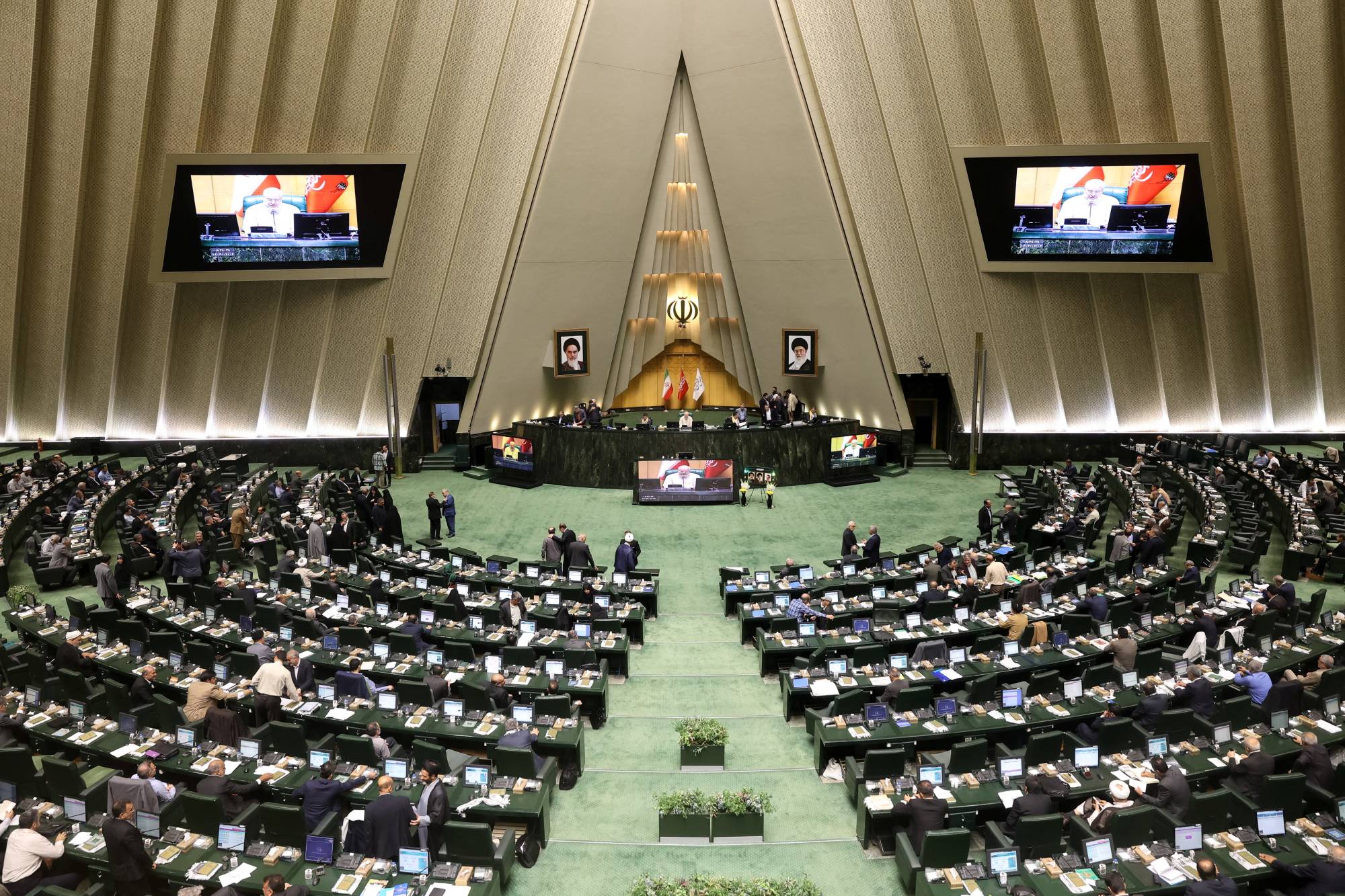
Western Concerns
In response to the Iranian threats, the foreign ministers of France, Britain, and Germany said in a joint statement: “We urge Iran to refrain from any escalation and to return to compliance with its legally binding commitments.”
They pointed out that Iran has provided no assurances regarding its nuclear program and has not entered into any negotiations. For this reason, they activated the snapback sanctions.
“Our countries will continue to pursue diplomatic channels and negotiations. The reimposition of UN sanctions does not mean the end of diplomacy,” they added.
The E3 had offered to delay the reimposition of sanctions for up to six months to allow time for talks on a long-term agreement.
However, they stipulated that Iran must allow IAEA inspectors access to sensitive nuclear sites in Natanz, Fordow, and Isfahan, address concerns regarding its stockpile of enriched uranium, and engage in talks with the United States.
“Israel” welcomed the reimposition of sanctions on its arch-enemy, noting that the decision was an important development due to what it described as Tehran's continued violations regarding its nuclear program.
In contrast, Russia and China rejected the reactivation of the sanctions, describing the move as illegal and lacking international consensus.
For his part, Russian Foreign Minister Sergey Lavrov said that the Security Council's rejection of the latest Russian-Chinese proposal demonstrated the West's policy of undermining diplomatic efforts.
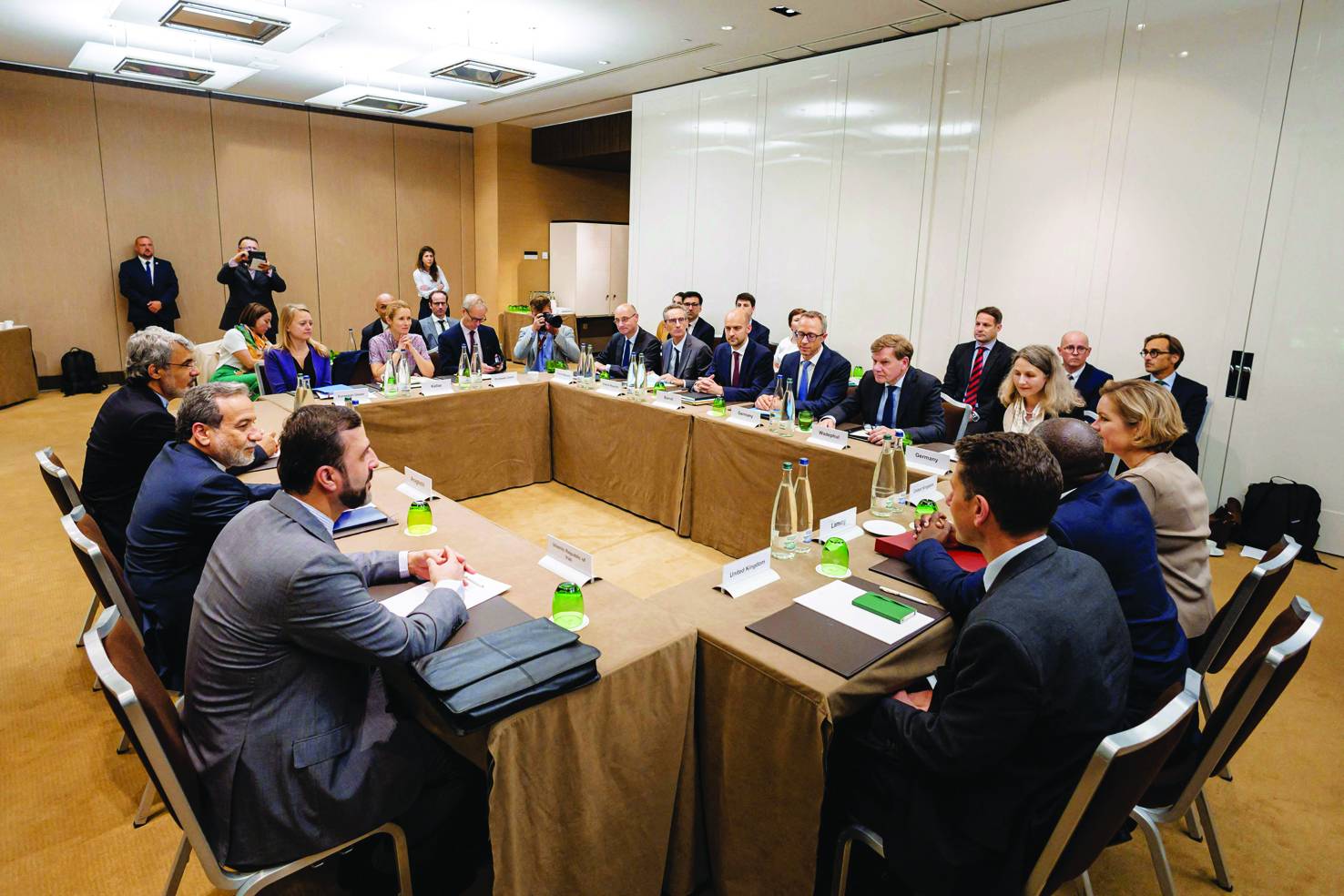
New War
Iran's rulers are facing one of the most serious crises since the 1979 Islamic Revolution, grappling with mounting public discontent and the collapse of the nuclear deal, which has further isolated and divided the country.
Reuters suggested that the collapse of the Iranian nuclear deal would heighten tensions in the Middle East, just months after Israel and the United States bombed several Iranian nuclear sites.
It noted that four Iranian officials and two sources familiar with the matter said that the economic isolation of Iran is intensifying, which could fuel public anger.
However, they said that accepting Western demands would fracture the ruling elite and marginalize the revolutionary principles of the ruling establishment, which include resisting Western pressure—principles that are a hallmark of Tehran's steadfast stance.
One official said: “The ruling establishment is caught between a rock and a hard place. The existence of the Islamic Republic is in danger... Our people cannot withstand further economic pressure or another war.”
Former Iranian MP Gholam Ali Jafarzadeh said: “I think the chances of another war are high, given Israel's aggressive stance and the strong support it currently receives from the U.S.”
Tehran was dealt a major blow by the 12-day war last June, which began with Israeli airstrikes, followed by US bombing of three Iranian nuclear facilities.
It's worth noting that this conflict erupted just one day before the sixth round of talks with Washington on the Iranian nuclear issue.
US President Trump and Israeli Prime Minister Benjamin Netanyahu stated that they would not hesitate to bomb Iran again if it resumed uranium enrichment, a potential pathway to developing nuclear weapons.
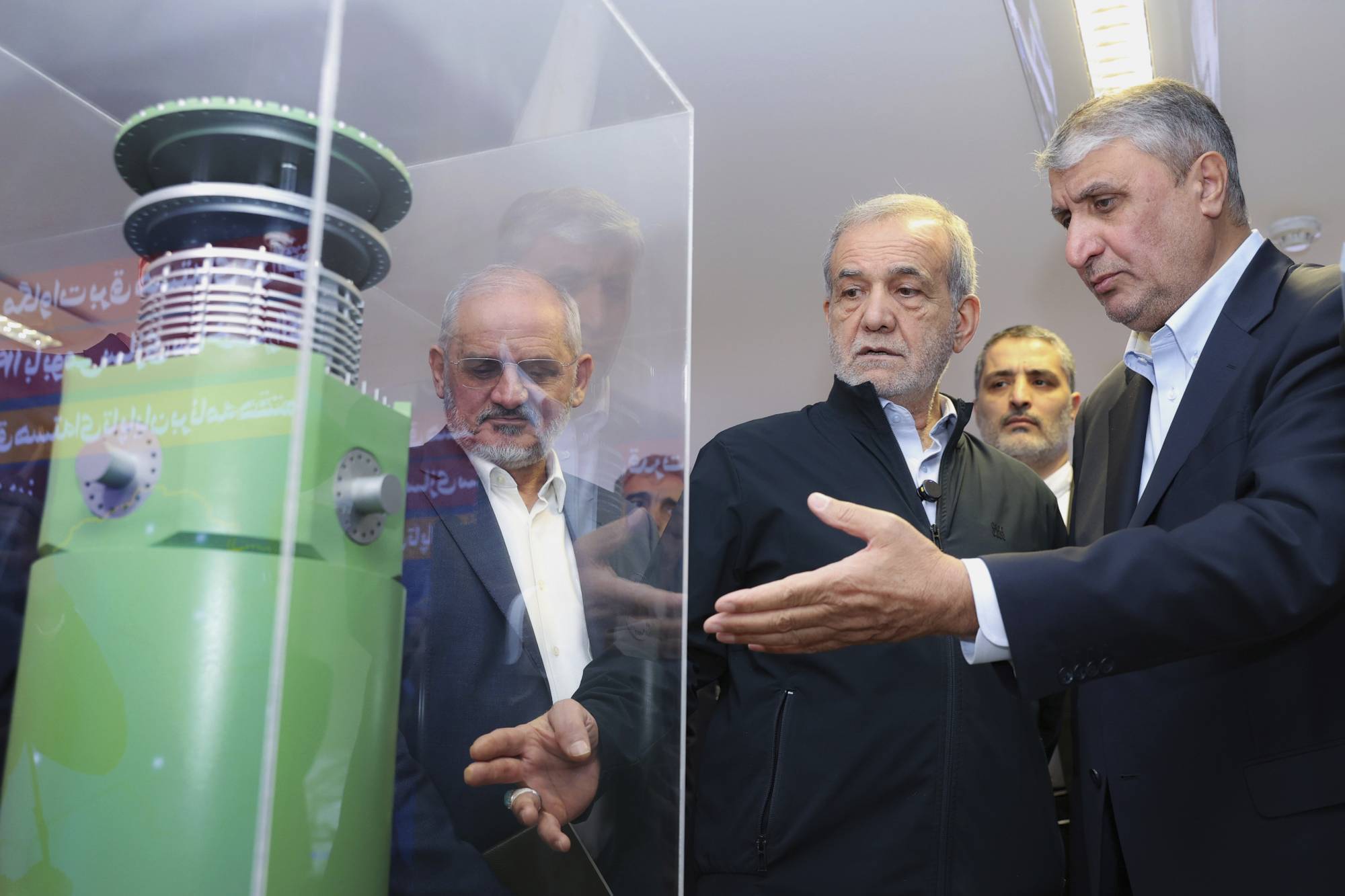
Iranian Divisions
Furthermore, the reimposition of sanctions has reignited a long-standing debate within Iran between the conservative and reformist factions, a debate centered on their respective positions regarding the nuclear agreement itself.
Conservatives escalated their criticism of the architects of the nuclear deal, particularly former President Hassan Rouhani and his foreign minister, Mohammad Javad Zarif, blaming them for the current situation, while reformists attributed the blame to their hardline opponents.
Iranian newspapers were divided in their coverage, with some downplaying the significance of the sanctions, viewing them as an extension of existing policies, while others saw them as a dangerous turning point that threatens what remains of Iran's diplomatic path.
While some media outlets considered the current phase one of the most critical junctures in Iranian foreign policy history, others argued that the roots of the crisis lie in internal mismanagement, not the sanctions themselves.
The reformist newspaper Shargh headlined its front page ‘The Death of the Nuclear Deal: New York Time’, asserting that the current phase Iran is going through is one of the most difficult periods in its diplomatic history.
The moderate newspaper Jomhouri-e Islami pointed out that the latest sanctions are a result of the six resolutions imposed on Iran between 2006 and 2010 during the first and second terms of the hardline former president, Mahmoud Ahmadinejad.
In contrast, Iranian state television sparked controversy by replaying excerpts from an editorial in the Kayhan newspaper, which criticized the Rouhani administration, which had negotiated the 2015 nuclear deal during its first term.
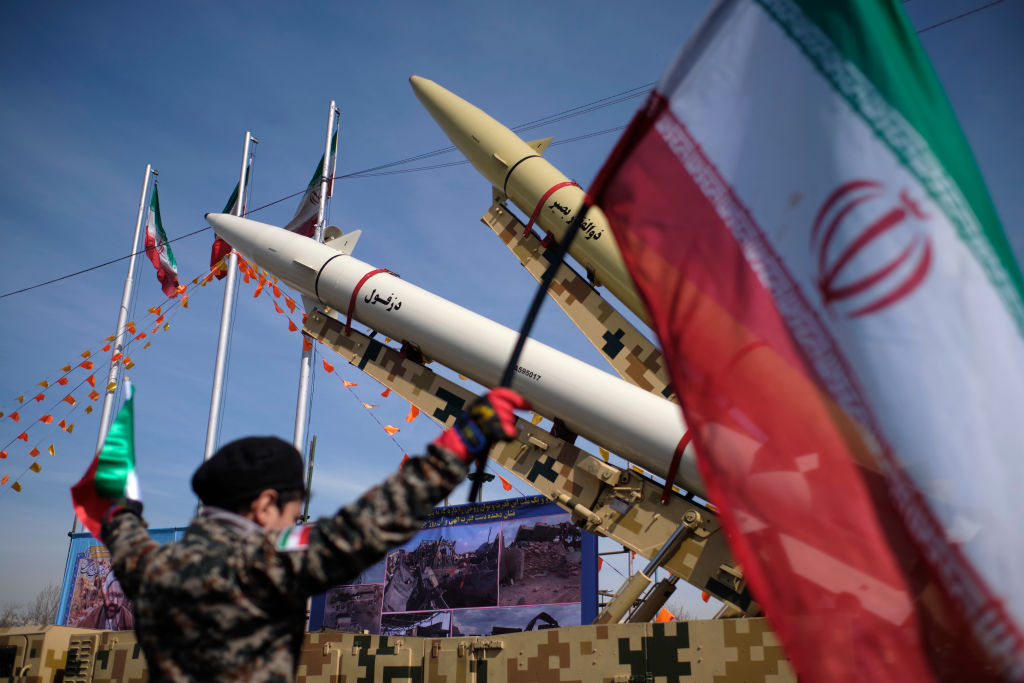
The Sazandegi newspaper noted that analysts warned that the reinstatement of sanctions would exacerbate poverty and reinforce a corrupt, opaque rentier economy, benefiting a select few connected to power, while the general population would bear the brunt of inflation and unemployment.
The rial, which hovered around one million to the US dollar before the sanctions’ return, surged past 1,160,000 by midday Wednesday, a new low.
The reformist Etemad newspaper, which is close to the Iranian presidency, stated: “We have officially entered the post-snapback era. A new blow has been dealt to diplomacy, which was already in a weakened state.”
For his part, political analyst Ibrahim Khatib told Al-Estiklal that “the real objective of the West in activating the snapback mechanism is to create a shock and exert internal pressure on the Iranian regime.”
“The return of sanctions against Iran could inflame public opinion, potentially leading to popular protests or a violent Iranian response, thus giving Tel Aviv and Washington a pretext to justify escalation and an opportunity to launch military strikes against Iranian nuclear facilities,” he said.
Sources
- E3 joint statement on Iran: activation of the snapback
- Sanctions reimposed on Iran 10 years after landmark nuclear deal
- UN arms embargo, other sanctions reimposed on Iran over nuclear programme
- US, UK, Canada impose new snapback sanctions on Iran
- Turkey Freezes Assets of Iranian Entities After Activation of Snapback
- Sanctions response betrays Tehran's entrenched divides, policy drift


